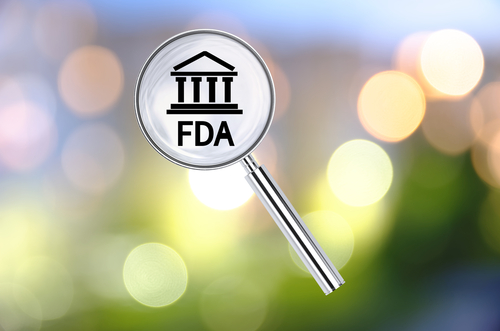The U.S. Food and Drug Administration (FDA) has once again declined to approve AstraZeneca’s ZS-9 as a treatment for hyperkalemia, or high levels of potassium in the blood — a condition common in chronic kidney disease (CKD).
The decision came after the FDA inspected the plant where ZS-9 is made. The rejection came in a Complete Response Letter (CRL) to AstraZeneca’s New Drug Application (NDA) for ZS-9. ZS Pharma, an AstraZeneca subsidiary, has been developing the drug.
In a press release, AstraZeneca did not discuss what surfaced in the inspection. It stressed that the FDA did not ask for new clinical data.
This was the second time the FDA declined to approve the drug after inspecting the manufacturing operation.
“AstraZeneca and ZS Pharma are committed to working with the FDA to resolve the remaining matters under review as soon as possible,” AstraZeneca said.
Under FDA regulations, AstraZeneca can resubmit the application after addressing deficiencies, withdraw it, or request an open hearing to discuss the FDA’s grounds for rejection.
Hyperkalemia occurs when the kidneys are unable to excrete potassium, when the mechanisms that transport potassium into cells are impaired, or both.
Sodium zirconium cyclosilicate, the active ingredient in ZS-9 (known in Europe as Lokelma) is being developed to treat hyperkalemia. It selectively binds potassium in the gastrointestinal (GI) tract. Drawing potassium into the GI tract lowers the mineral’s level in the blood and leads to the body excreting it, resolving hyperkalemia.
The European Union’s Committee for Medicinal Products for Human Use (CMPH) recommended this month that the European Commission approve Lokelma as a hyperkalemia treatment. A final decision is expected soon. Lokelma is also under regulatory review in Australia.
CMPH’s recommendation was based on six clinical trials showing that the drug lowers serum potassium levels, an indication that it a promising therapy for those with hyperkalemia.

